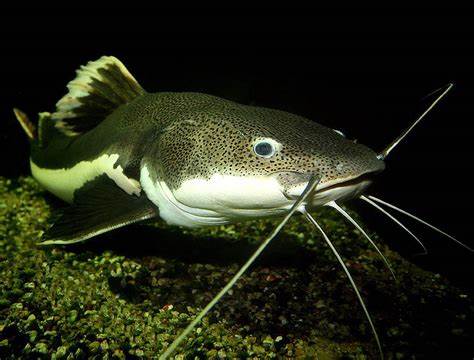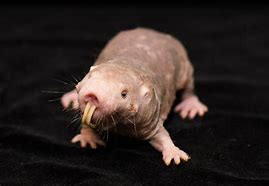
One thing we humans have in spades is hubris. We like to think of ourselves as the most skilled, the most observant, and the most complex life form on this earth. In many respects, that may be true. We are capable of higher thought, communication, and perhaps most uniquely, innovation. The human body is certainly a marvel in engineering. And yet, there are animal species with skills that we can hardly comprehend, much less ever hope to mimic, even with all of the knowledge we possess. In An Immense World: How Animal Senses Reveal the Hidden Realms Around Us, Ed Yong takes us into the many incredible dimensions of the world as it is perceived and experienced by other animals.
To begin, Yong introduces us to the concept of Umwelt. Coined by a zoologist in the early 1900s, Umwelt describes an animal’s perceptual world – the parts of its surroundings that it can sense and experience. Any number of creatures occupying the same physical space at the same time can have completely different Umwelten. Because our environment as we perceive it is all that we have ever known, it’s easy to make the mistake that this is all that there is to know. An Immense World shows us that nothing could be further from the truth. Our perception of the world is but just a fraction of the Umwelten experienced by the earth’s occupants.


Even something as seemingly simple as the senses become murky when you consider other species. Rattlesnakes, for example, can detect the body heat of their prey. We might expect this sense to be related to touch, but, in fact, their heat sensors are wired to their brain’s visual center. Yong divides the chapters of his book into sensory experiences. Some, like sight/color, touch, smell, and taste, we are familiar with because we experience a version in our own Umwelt. Others, we must stretch our imagination to fathom: echolocation- using sound waves to locate objects; magnetoreception- the use of the earth’s magnetic fields to orient; electrolocation- the ability to perceive electrical stimuli and generate electrical fields as a means of navigating and locating prey.
To step inside the bubble of perception of different animal species reveals the diversity of life in this world and the multitude of experiences within it. I can’t help but agree with Yong – perceiving the world through their experiences gives animals an intrinsic value and enriches our own understanding. In addition to learning about this marvelous diversity, An Immense World may just be the most subtle, yet persuasive, argument for humans to keep our hubris in check and protect this wondrous world and all of its life forms.
They [animals] are… gifted with extensions of the senses we have lost or never attained, living by voices we shall never hear. They are not brethren, they are not underlings; they are other nations, caught with ourselves in the net of life and time, fellow prisoners of the splendour and travail of the earth.”
American naturalist Henry Beston, as quoted in An Immense World
Discover more from Cook Memorial Public Library District
Subscribe to get the latest posts sent to your email.
Categories: Books and More
Tags: Books and More
